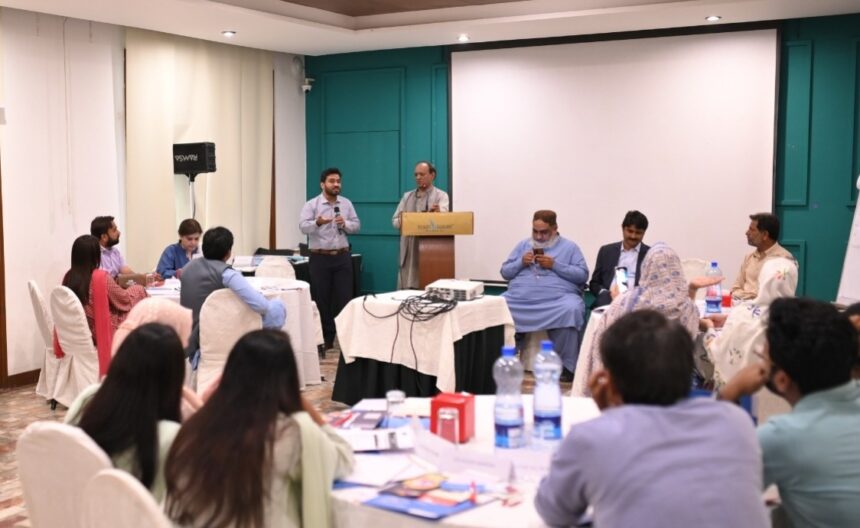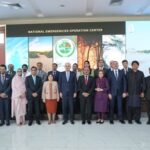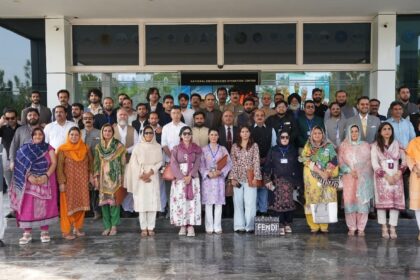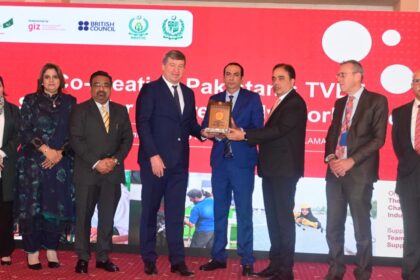The Centre for Peace and Development Initiatives (CPDI) held a three-day faculty training in Karachi to deepen faculty understanding of Media Literacy, the right to information and fundamental freedoms in Pakistan’s digital environment. The event was organised under the EU-supported project Strengthening Media Persons’ Capacity and Engagement for Human Rights and Fundamental Freedoms, jointly implemented by CPDI and IL.
Arooj Iftikhar, M&E Specialist at CPDI, opened the sessions by outlining the project goals and the training objectives, emphasising how Media Literacy enables critical analysis of news and online content. Participants took part in an interactive ice-breaking and fact-checking exercise designed to demonstrate the prevalence of misinformation and the practical need for critical evaluation within digital spaces.
Faculty members from six universities across Sindh attended the programme, bringing diverse academic perspectives to discussions about teaching media skills and promoting civic freedoms. The mix of participants helped ground conversations in local classroom realities and the wider media environment in Pakistan.
Mukhtar Ahmad Ali, Executive Director of CPDI, led a detailed session on media, democracy and human rights that prompted active debate on how media shapes democratic processes and accountability. The session linked Media Literacy to civic participation and the responsibilities of both journalists and educators in safeguarding public discourse.
Afia Salam, senior journalist and media development specialist, examined media concepts, the evolution of news production, ownership structures and reporting styles. Her presentation underlined how ownership patterns and editorial choices can influence narratives and public perception, reinforcing the need for Media Literacy in higher education curricula.
Amir Zia, senior journalist, guided participants through the connections between media, nationalism and conflict, encouraging faculty to consider how media frames national identity and the potential consequences for social cohesion and tensions in the region.
Zahid Abdullah, rights activist and former Information Commissioner, provided an overview of media laws and the legal frameworks for RTI, freedom of expression and digital rights in Pakistan. His session offered a practical look at rights-based and regulatory dimensions, helping faculty understand how legal tools intersect with Media Literacy in protecting citizens online.
The first day closed with an interactive discussion where participants reflected on learnings and shared perspectives about the evolving media landscape. The sessions combined expert-led instruction, practical exercises and collaborative engagement to strengthen Media Literacy and awareness of digital rights among Sindh’s academic community.











